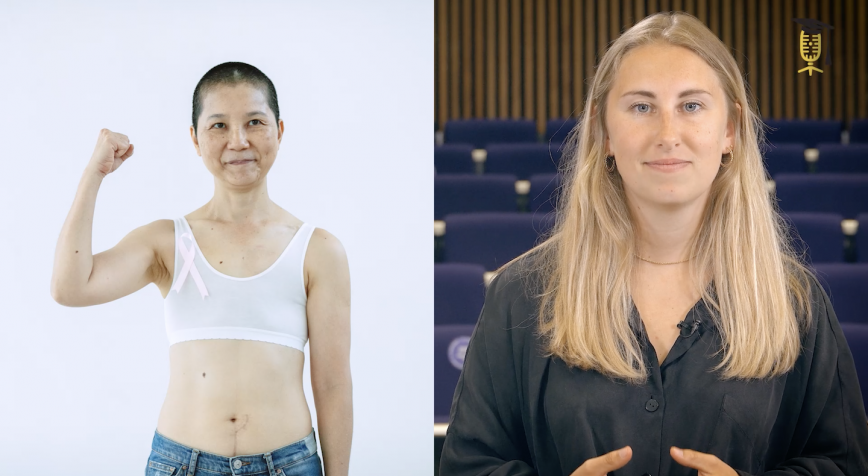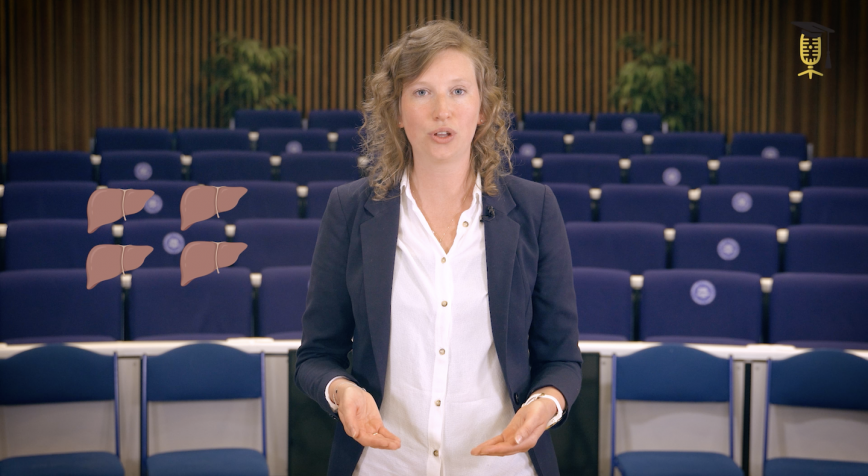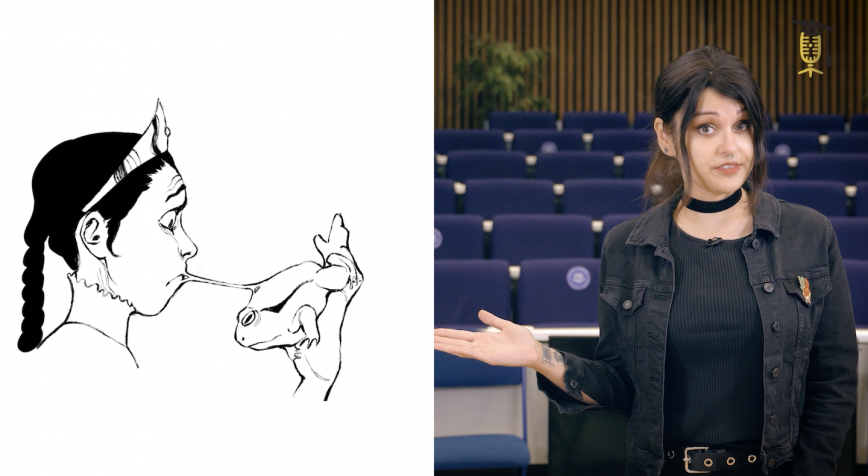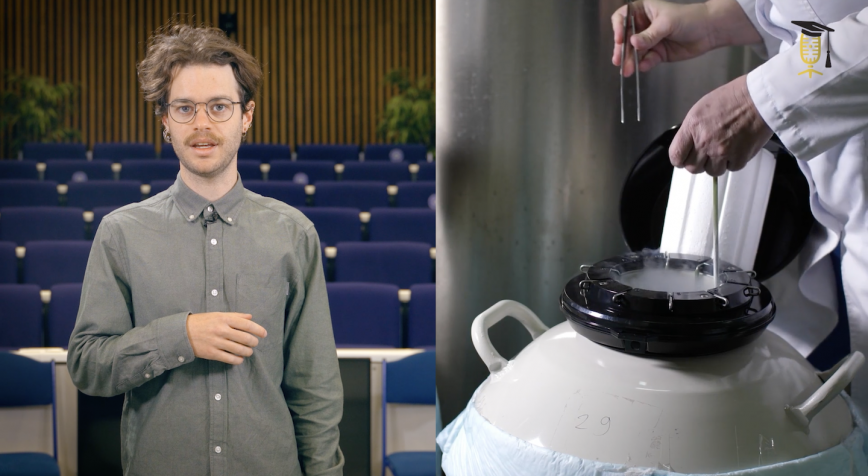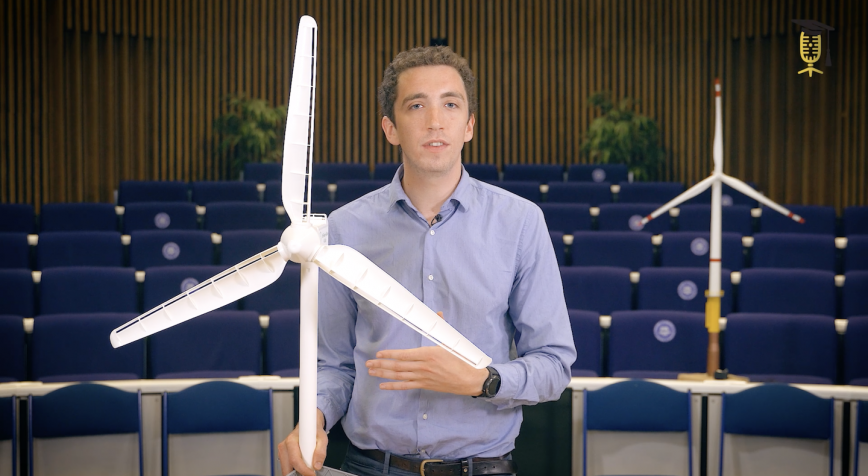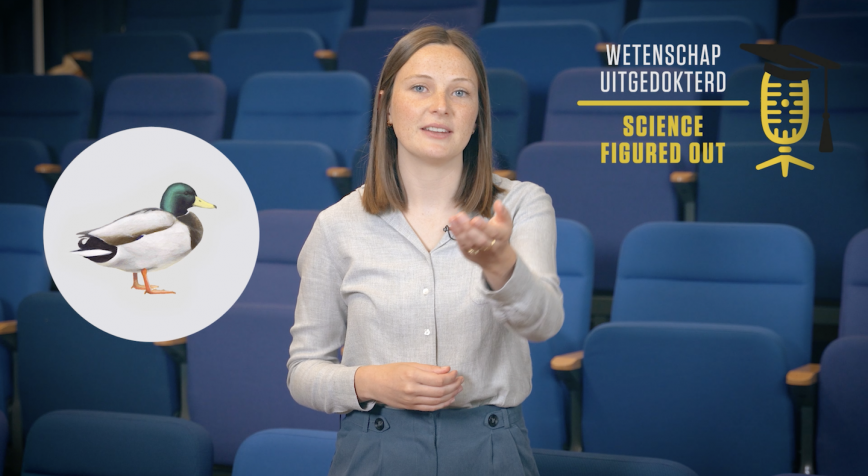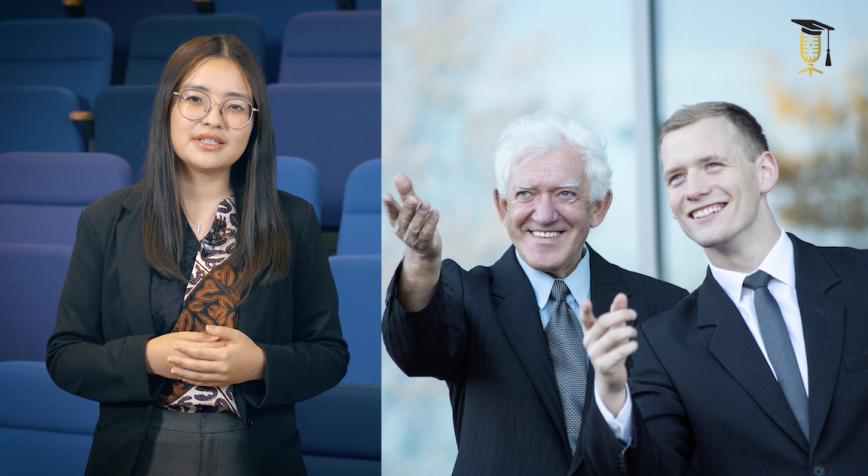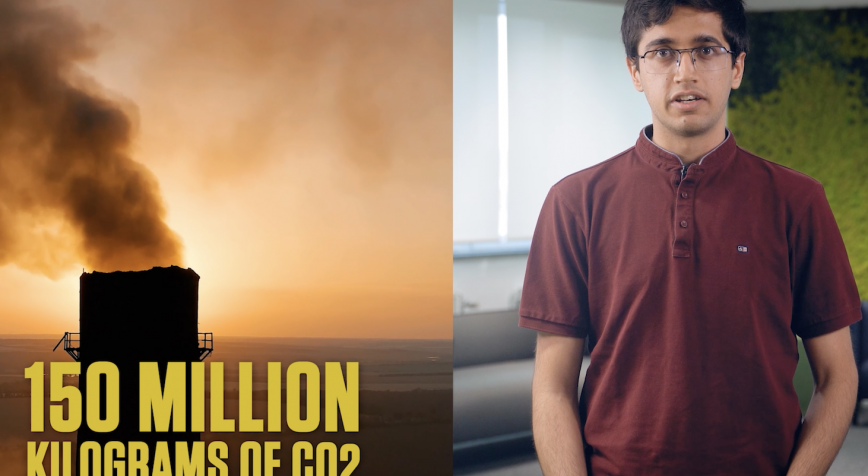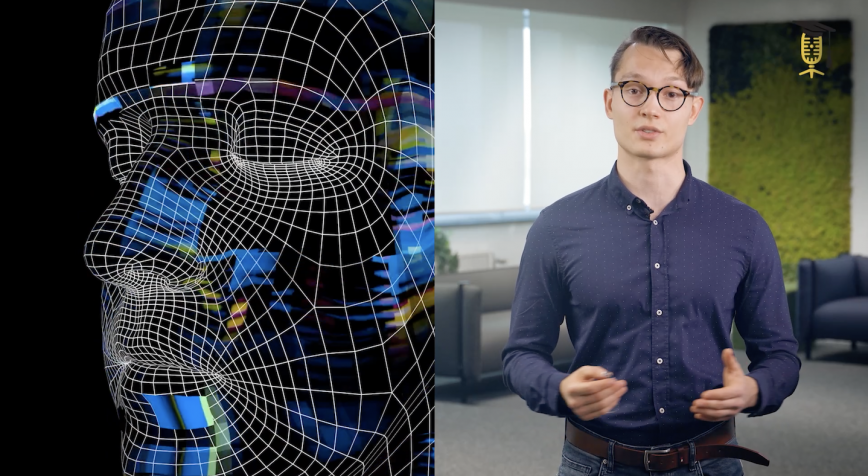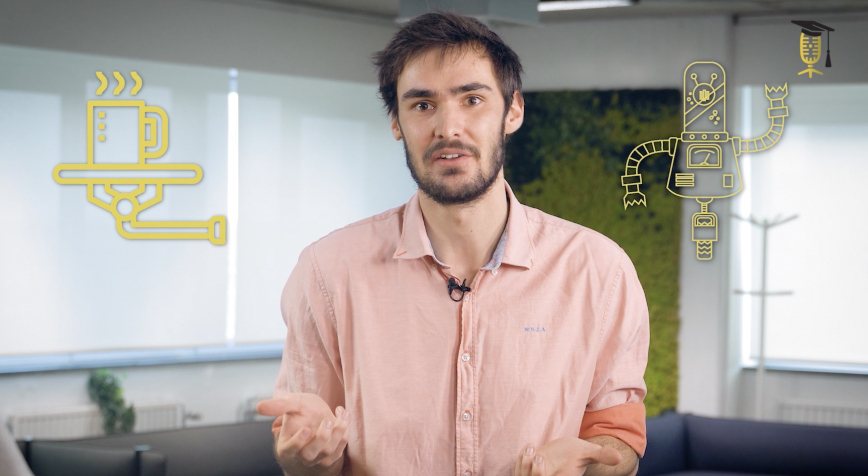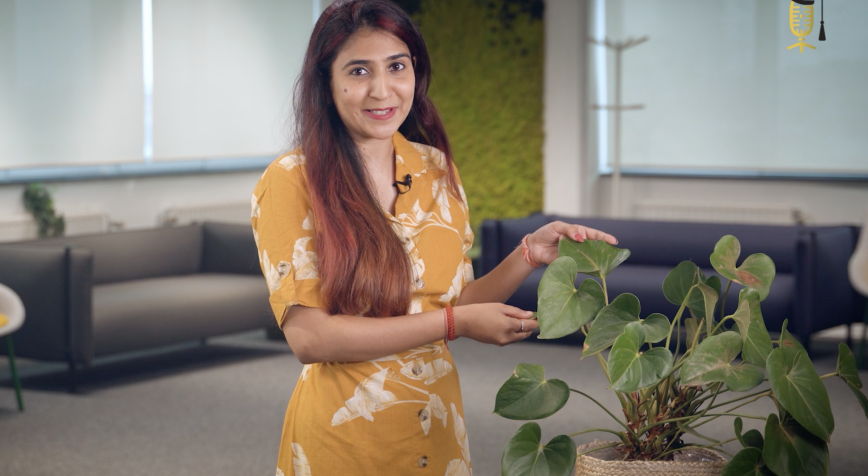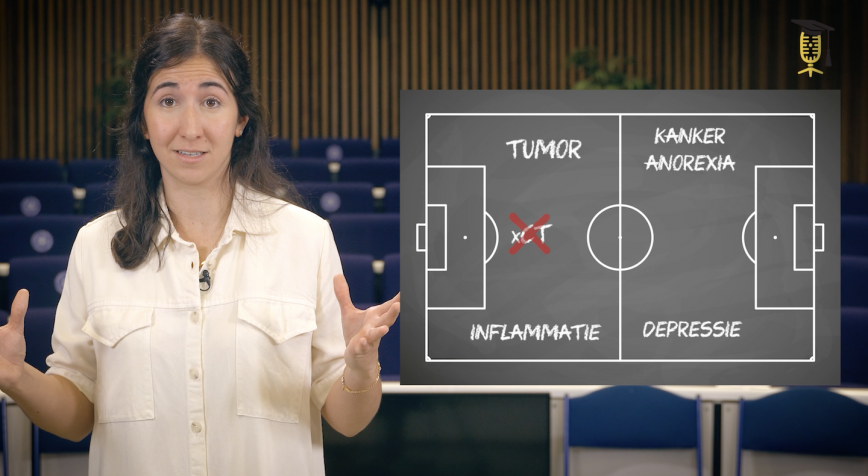
FWO
VUB
Sidelining Lionel Messi in fight against pancreatic cancer
Over the past five years, solid progress has been made in the fight against cancer, but unfortunately, that does not apply to pancreatic cancer. So what makes this cancer so hard to beat? Olaya Lara (VUB) explains this by comparing it to a football match. She also tells you what tactics she figures out to sideline xCT, the Lionel Messi in the pancreatic cancer team.
